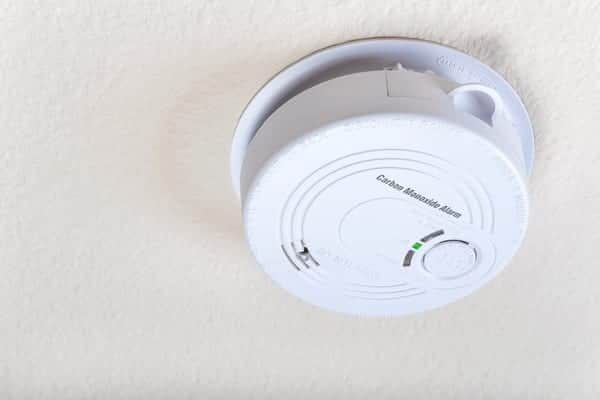Signs you could have carbon monoxide poisoning - and how to spot leaks


According to NHS data, around 25 people die each year in England and Wales as a result of accidental carbon monoxide poisoning.
Carbon monoxide is a poisonous gas that has no smell or taste, but removes the oxygen from your bloodstream when breathed in, and can ultimately cause the body’s cells and tissue to fail and die.
Advertisement
Hide AdAdvertisement
Hide AdIf you are concerned about carbon monoxide leaks in your home, here is some advice on how to spot the symptoms and what to do next.


Symptoms of carbon monoxide poisoning
Tension headaches - the typical type of headache - are the most common symptom of carbon monoxide poisoning.
If you suspect you or anyone in your family has carbon monoxide poisoning, you should go to your nearest A&E department immediately (Photo: Shutterstock)
Those affected may also suffer from dizziness, nausea and vomiting, tiredness and confusion, stomach pain, shortness of breath and difficulty breathing.


Advertisement
Hide AdAdvertisement
Hide AdExposure to low levels of carbon monoxide may make you feel like you have food poisoning or flu, but carbon monoxide poisoning does not cause a high temperature.
Symptoms will gradually become worse over time, but can ease off if time is spent away from the source of the leak.
If you suspect that you or a member of your family is suffering from carbon monoxide poisoning, go to your nearest A&E department immediately.
How to find out if you have a leak


Carbon monoxide is produced when fuels like gas, oil, coal and wood don't burn fully.
Advertisement
Hide AdAdvertisement
Hide AdBoilers, gas fires, central heating systems, water heaters, cookers and open fires are all common sources of carbon monoxide leaks, but everything from cigarette smoke to paint fumes could also be the cause.
A carbon monoxide detector will alert you if the levels within your home become dangerous (Photo: Shutterstock)
Fitting a carbon monoxide detector will help you to determine if there are harmful levels of the gas in your home. These devices work in a similar way to a smoke detector, and will sound an alarm if they detect too much carbon monoxide in the air.


If your carbon monoxide detector goes off, you should arrange for a qualified professional to visit your home and check any appliances you think may be causing a leak.
Lasting effects of carbon monoxide poisoning
Advertisement
Hide AdAdvertisement
Hide AdAround 10 to 15 per cent of people who experience severe carbon monoxide poisoning develop long-term complications as a result.
Brain damage, heart disease and harm to unborn babies are all possible lasting side effects, so it is extremely important to be vigilant and equip your home with a carbon monoxide detector.